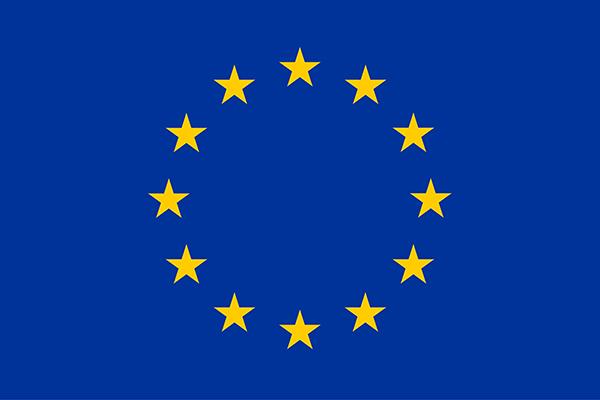January 2021 to June 2024
Through the SAHAYATRA project (Strengthening civil society organisation for resilient and inclusive education governance in Nepal), VSO is committed to promoting inclusive and quality education, so that these children too can develop and pursue their dreams.
The issue facing children in Nepal
Although more and more children are attending elementary school in Nepal, access to quality education is still not a given for all. In particular, girls, ethnic minorities, children from the Dalit community, and children with disabilities face poverty, prejudice and discrimination.
This makes it difficult or even impossible for them to attend school. The quality of education also leaves much to be desired in many areas, such as in the districts of Bara, Parsa, Rautahat and Sarlahi. As a result, the children do not learn to read, calculate and write properly.
Without proper education, children lack the knowledge and skills to advance to secondary education, to actively participate in society, and to find a job and decent income in the future. They remain trapped in a vicious cycle of poverty.
 Children sharing their thoughts through sign language during a Focused Group Discussion, organised to assess educational challenges and barriers in schools faced by children with disabilities.
Children sharing their thoughts through sign language during a Focused Group Discussion, organised to assess educational challenges and barriers in schools faced by children with disabilities.
We will reach…
10,000
10,000 students – 4,000 males and 6,000 females.
120
120 teachers and headteachers.
10,000
10,000 parents


How we’re improving educational opportunities
When children are offered appropriate education from preschool age, they learn more easily in subsequent years. They are more likely to complete school successfully and build a better life. With the SAHAYATRA project, we are improving educational opportunities for disadvantaged children aged 3 – 10 (especially girls and children with disabilities) in the Nepalese districts of Bara, Rautahat, Parsa and Sarlahi.
Helping disadvantaged children get the education they deserve
We’re ensuring that 10,000 disadvantaged children, including girls and children with disabilities, receive appropriate and quality education. We do this by training teachers in pedagogy and didactics. We also provide reading corners and remedial teaching classes, where children can catch up on their learning deficits with appropriate support.
Working with the community
We actively involve disadvantaged communities in education. Together they address the barriers that prevent children from receiving an education. We work closely with youth, parents, teachers, school management committees and associations of parents and teachers.


Strengthening civil society organisations
We strengthen local civil society organisations so they can better lobby the government for policies that promote the quality and access to education. We do by increasing their knowledge and skills in conducting research and interpreting the results correctly. This data management is indispensable for making well-considered and well-founded recommendations to policy makers.
Implementing policies for change
We train and coach policy makers, so they are better able to create and implement policies that promote the quality of and access to education. They for instance learn how education can be made more accessible to girls and children with disabilities. There is also a focus on climate resilience so that children can continue to receive education, even in the face of extreme weather and natural disasters.
Volunteering for development
The project utilises two types of volunteers, national and community volunteers. The national volunteers support implementing partners, schools, local service providers and the community leaders to improve learning achievement (literacy and numeracy) of marginalized children. They also develop the capacity of schoolteachers, community volunteers and implementing partners to ensure the quality of service delivery and provide mentoring and coaching support to the teachers, and community volunteers on quality teaching and learning processes.
National volunteers also support civil society organisations in advocating for the mainstreaming of disability, inclusion, resilient and gender responsive policies and support the collection and documentation of evidence-based knowledge management of the project.
Community volunteers take on the role of ‘big sisters’ on the project. As they know the needs and challenges with the community, they are best placed to identify out-of-school marginalised children and support them to enrol in schools. They provide mentoring and coaching support to the marginalized and most vulnerable children both in school and at home.
They also mobilise local youth volunteers, child clubs and Girls and Inclusive Education Network (GIEN) to carry out different awareness raising activities.


Peer mentoring
SAHAYATRA trains local volunteers to act as ‘big sisters’, building on the successful peer mentoring approach used in our Sisters for Sisters project.
Big sisters – women and girls from the community – guide their ‘little sisters’ when they encounter problems, encourage them to continue going to school and teach them how to stand up for their rights. They also help with the culture change that is needed.
They share their own experiences and provide advice and information, especially in the area of sexual and reproductive health. For example, they engage with families and the community about the importance of education for girls and issues such as forced marriage and sexual abuse.


Funded by the European Union.
